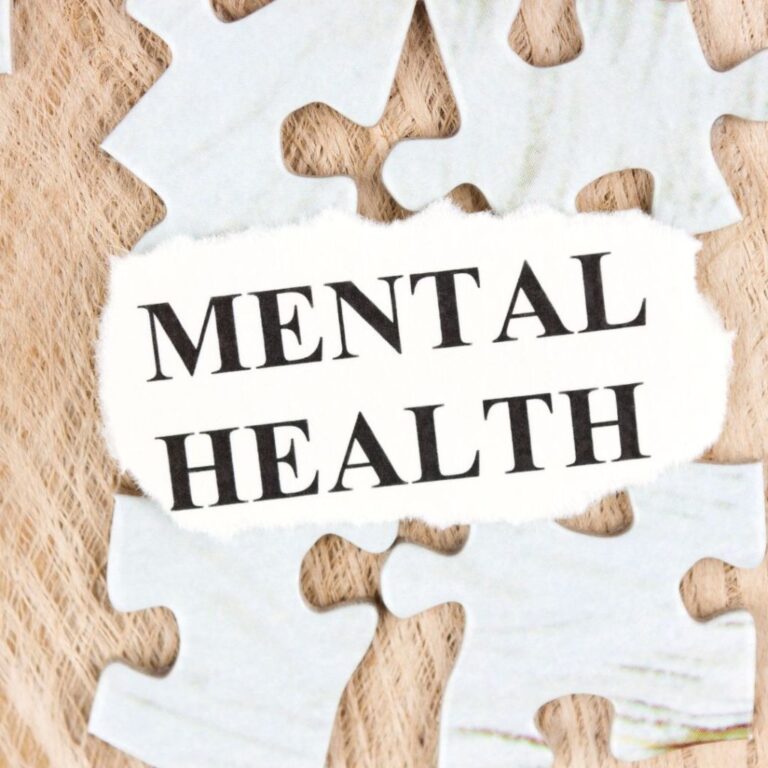
There is no doubt that mental health has become a growing concern – if not an outright crisis – in our country, even more so in the wake of a global pandemic that has placed considerable physical, financial and emotional strain on people of all ages and in a very profound way.
Yet many experts believe that mental health issues affect older people differently than younger people. For what? Well, it’s complicated.
Today’s older adults face a unique set of barriers to addressing their mental health and accessing the care they need. Let’s shed light on some of the challenges older adults face when it comes to taking care of their mental health.
Normal aging
It is not surprising that there are several factors and life events that can harm the mental health of older adults, including:
• Loneliness
• Chronic illness and pain
• Side effects of medications
• Loss of independence
According to the American Geriatric Psychiatric Association, anxiety is relatively common among older adults, with up to 20% experiencing symptoms. However, let’s be clear: common does not mean normal.
When caregivers, practitioners, family members, and even older adults themselves incorrectly assume that depression and anxiety are normal parts of aging, older adults are less likely to seek help and their symptoms are more likely to be overlooked or ignored altogether.
No one has to accept that living with anxiety or depression is just the same as we get older; If you or an older person you know is struggling with mental health issues, know that it is not only acceptable, but important, to talk to a professional.
Stigma
Stigma poses a significant barrier for older adults experiencing mental health issues. Historically, talking about mental health has been a taboo subject linked to feelings of shame and embarrassment. For decades, mental health issues have been dealt with in silence and alone, in a true “get over yourself” mentality.
Although we’ve come a long way toward normalizing mental health issues (although it’s probably not enough – but it’s a topic that deserves to be in the spotlight!), older adults are still much less likely to seek help than their younger counterparts.
One survey found that only about 4% of baby boomers saw a mental health professional in a given year (compared to 20% of millennials).
How to get around this problem? Many experts believe the solution lies with primary care providers helping their patients manage all aspects of their health. By benefiting from mental health support from their family doctor whom they already see regularly, older adults can avoid the stigma associated with seeing a mental health professional.
Critics of this idea point out that trained mental health professionals are better than family doctors at treating such problems. However, it may be the starting point for overcoming the deep-rooted feelings of shame our older loved ones feel around mental health – a shame that stops them from seeking the help they need.
Whether we are young or old or in between, we all deserve to live happy, healthy and fulfilling lives. Let’s normalize this as we get older and accept nothing less for ourselves and those we love.
The Hickman is a senior living community located in the heart of West Chester. Guided by Quaker principles and traditions that value all life and embrace diversity, The Hickman provides individualized care that enables older adults to enjoy productive lives and explore the richness of all life’s possibilities.
